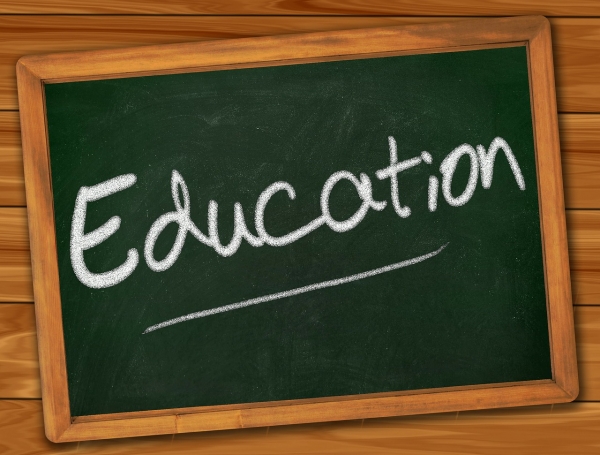Education in England
In the UK, children must be educated between the ages of 4 and 16. At 4 years old, they enter the reception class of an infants school. Here they learn to read and write and find out about the world around them. This is described as Key Stage One of the National Curriculum.
The National Curriculum covers all the major subjects that children have to learn while they are at school. There are four levels - Key Stage One, Key Stage Two, Key Stage Three, Key Stage Four.
When children reach 7 years old they start Key Stage Two at primary school. The primary school is attached to the infant school they were attending. They stay at primary school until they are 11 years old.
This is when they move to a high school, also known as secondary school, and study for Key Stage Three and Four of the National Curriculum. Key Stage Four includes General Certificate of Education (GCSE) examinations. Most children study for up to 10 examinations including English, Mathematics, Science and a foreign language. Other subjects which they can choose include History, Geography, Art and Information Technology.
At 16, children choose to continue their education in a sixth form, at a college of further education, or take part in an apprenticeship scheme. They are known as students. They can study for a variety of examinations and courses. A levels are the most popular as these can lead to university entrance. Subjects include history, English, Mathematics, Science, Media studies. These are described as academic subjects. Other students choose to take vocational subjects such as Plumbing, Engineering, Catering or Mechanics.
Education in England - Comprehension Questions
1. A levels are academic examinations. True or false?
2. What age do children in the UK begin school?
3. Key Stage Three of the National Curriculum is studied at high school. True or False?



